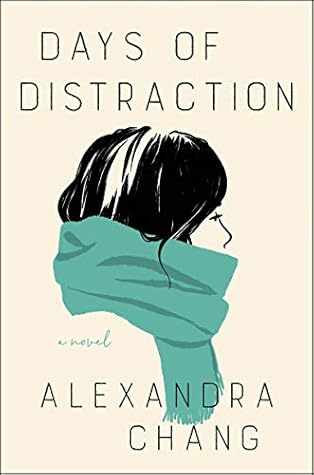More on this book
Community
Kindle Notes & Highlights
When we go to Davis, we say we are going home. But when we return to San Francisco, we also say we are going home. Our sense of home is knit even tighter, because our homes in Davis are in the same neighborhood. And so now, for the holidays, we are leaving our home together to go home to our homes down the street from one another.
I know what my dad would have said. Focus, work hard, and it will pay off. He often speaks in platitudes and idioms when I seek advice, and when I don’t. He did that for years—worked hard. Seven days a week working on cars in his shop, gone before I woke up and back in time for a late dinner. (“We’re more like Europeans,” he used to say. “They never eat before eight.”) I don’t know how he can believe the words he says, when it did not, in the long run, pay off for him.
It doesn’t seem appropriate to drink without antacids and glow red in the workplace. Everyone would think I was wasted. But then again, it doesn’t seem appropriate to withhold from drinking when everyone around me is drinking. They might ask me why I didn’t have a beer. I would have to explain. They might think I was a square and judging them, which I was not. Or perhaps they’d think I was sober, which also seemed to undermine those in the office who struggled with addiction.
The first use of “trailing spouse” appeared in print in the 1981 Wall Street Journal article “Problems of Two-Career Families Start Forcing Businesses to Adapt,” written by reporter Mary Bralove. (An amazingly strange last name.) “By far the majority of those ‘trailing spouses’ are women. The Catalyst report finds that wives tend to relocate for their husbands’ careers. In most cases, such moves are decided by whose salary is higher,” she wrote. It’s true we are moving for his academic career. But I am not a wife. I am not moving because J’s salary is higher. Although it is also true that I do
...more
She appeared genuinely confused. Her brow furrowed; she stared at me, an examination. Then came the apology. I’m sorry, I never saw you as Asian until just now! We all had a good laugh about it. I felt a kind of relief. I had passed, been accepted, blended in—at least with this one woman. It took a few minutes for the initial shame to kick in. Then years for it to curdle inside me, mixed with other instances like this, to really make me sick.
I notice that all the other couples in the four booths lining the wall of the diner are Asian/white—Asian woman, white man. My awareness of our likeness to the other couples shakes me out of whatever we had been discussing. I tell him to look. He laughs, ha ha, like it’s a happy coincidence. It seems to be more than that, and more sinister. It troubles me that others who look at us, for example, the waitstaff, might think so too.
It is difficult to parse which parts of me come from my family, from being Chinese, from being Asian American, from being American, from being a woman, from being of a certain generation, and from, simply, being.


